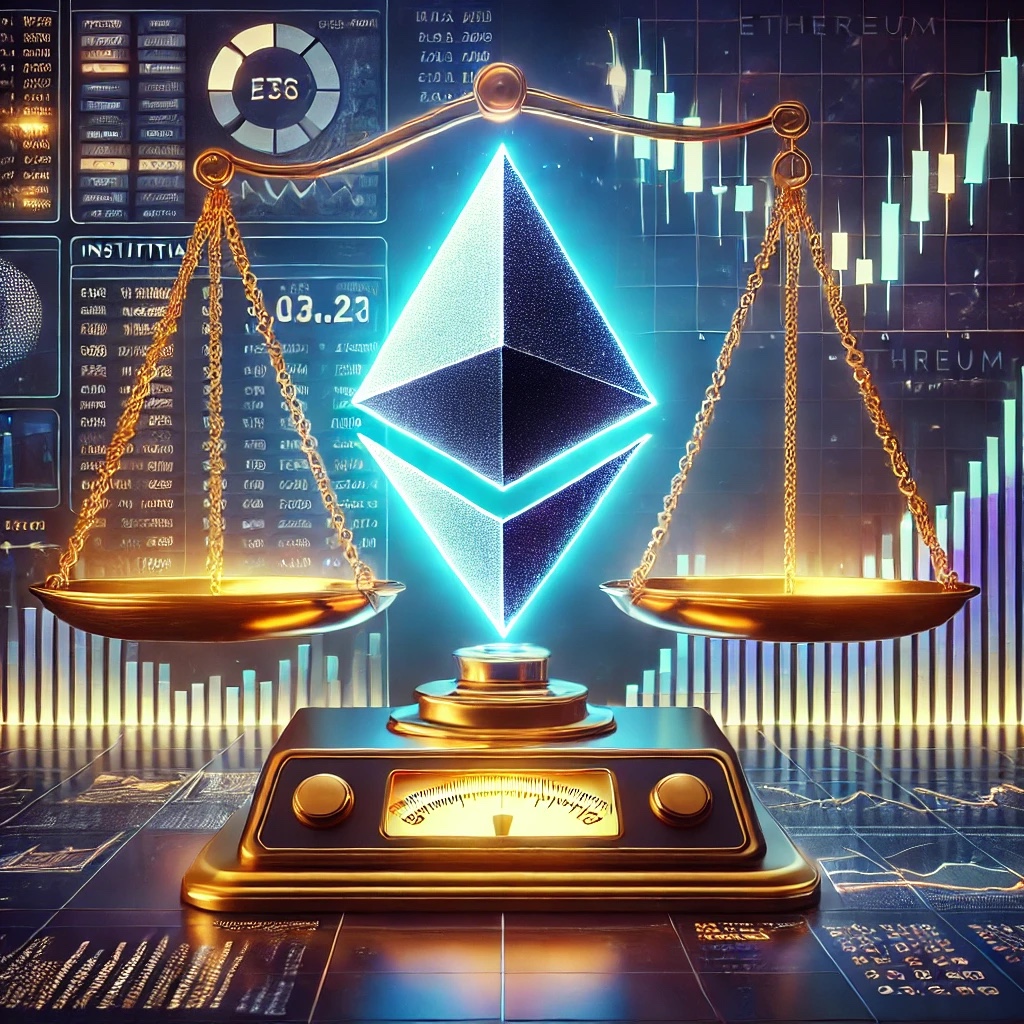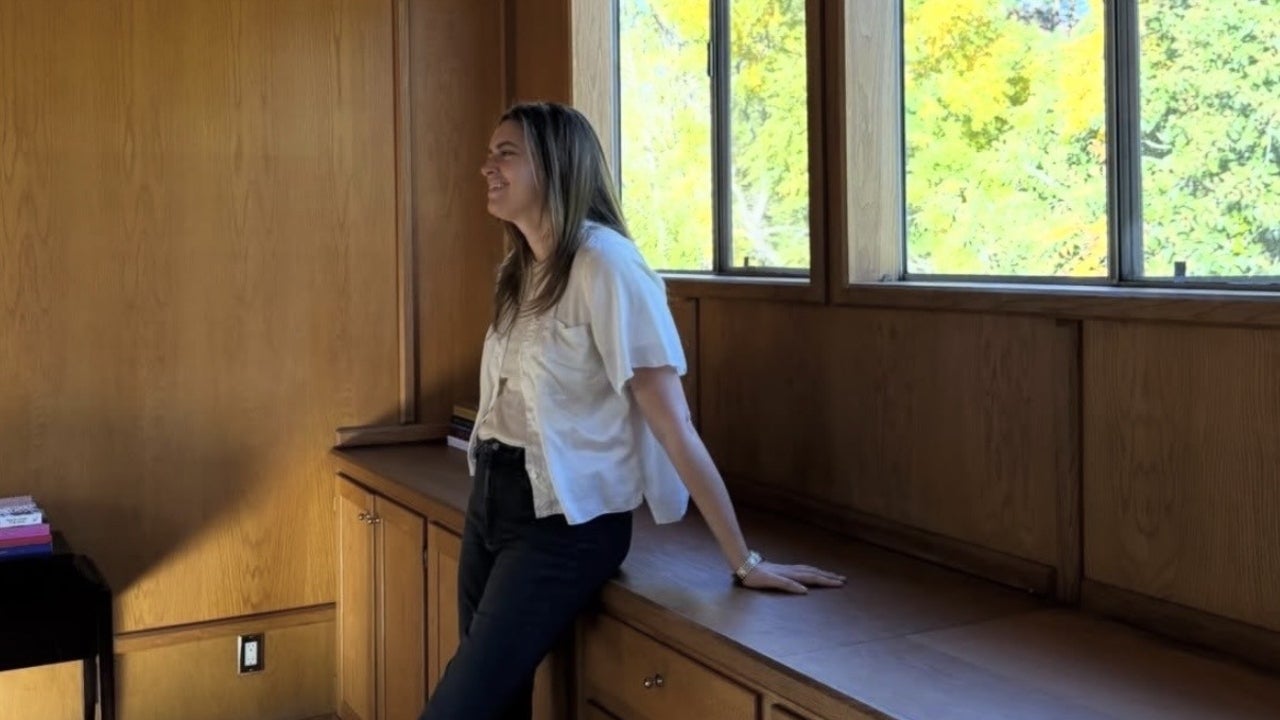Meta vs. the FTC: The blockbuster antitrust trial kicks off
Meta will face off against the U.S. Federal Trade Commission Monday in an antitrust trial that could result in the company divesting Instagram and WhatsApp.

This photo illustration created on January 7, 2025, in Washington, DC, shows an image of Mark Zuckerberg, CEO of Meta, and an image of the Meta logo.
Drew Angerer | Afp | Getty Images
Meta will face off against the U.S. Federal Trade Commission on Monday in a high-stakes antitrust trial that could result in the company divesting Instagram and WhatsApp.
The trial in Washington is expected to last weeks and centers around the FTC's allegations that Meta monopolizes the personal social networking market. CEO Mark Zuckerberg, former COO Sheryl Sandberg, Instagram co-founder Kevin Systrom and other current and former Meta executives are expected to testify, along with top brass from rivals TikTok, Snap and Google's YouTube, according to a legal filing.
The FTC claims Meta shouldn't have been allowed to buy Instagram for $1 billion in 2012 and WhatsApp for $19 billion in 2014, and the agency is calling for those units to be sliced off from the Menlo Park, California, company.
"Acquiring these competitive threats has enabled Facebook to sustain its dominance—to the detriment of competition and users—not by competing on the merits, but by avoiding competition," the FTC said in a legal filing.
Meta disagrees and filed a pretrial brief last week reiterating its arguments that it is not a monopoly and that acquiring Instagram and WhatsApp has not harmed competition.
The trial will test the boundaries of the U.S.'s antitrust laws pertaining to corporate acquisitions, said Prasad Krishnamurthy, a law professor at U.C. Berkeley Law. The FTC will have to prove that not only did Meta monopolize the social media market but that its acquisitions of Instagram and WhatsApp actively "harmed competition."
"It's a big case because it involves Meta, a social media giant, and it involves one of the most important kind of markets in the world, the social media market," Krishnamurthy said. "It has big implications for something that consumers use as part of their daily life, Instagram and WhatsApp."
Judge James E. Boasberg, chief judge of the Federal District Court in DC, stands for a portrait at E. Barrett Prettyman Federal Courthouse in Washington, DC on March 16, 2023.
Carolyn Van Houten | The Washington Post | Getty Images
The lead up to the trial
The FTC filed its antitrust case against Meta in 2020, but judge James Boasberg of the U.S. District Court in Washington dismissed the case in 2021, saying the agency did not have enough evidence to prove "Facebook holds market power."
Despite the dismissal, the FTC in August 2021 filed an amended complaint with more details about the company's user numbers and metrics relative to competitors like Snapchat, the now-defunct Google+ social network and Myspace. After reviewing the amendments, Boasberg in 2022 ruled that the case could proceed, saying the FTC had presented more details than before.
"Although the agency may well face a tall task down the road in proving its allegations, the Court believes that it has now cleared the pleading bar and may proceed to discovery," Boasberg wrote.
Meta motioned to end the case last April, but Boasberg denied it, ruling in November that the company must face trial. In a small victory for Meta, however, Boasberg did dismiss the FTC's allegation that Facebook restricted third-party app developers' access to its platform to maintain market dominance.
The company is expected to push back on the rest of the FTC's allegations at trial on Monday. In a recent pre-trial brief, Meta's lawyers wrote that the FTC fails to acknowledge that the company competes with numerous rivals, including TikTok, YouTube and Apple's iMessage.
In a statement provided to CNBC, Meta said the FTC's lawsuit "defies reality."
"The evidence at trial will show what every 17-year-old in the world knows: Instagram, Facebook and WhatsApp compete with Chinese-owned TikTok, YouTube, X, iMessage and many others," Meta said. "More than 10 years after the FTC reviewed and cleared our acquisitions, the Commission's action in this case sends the message that no deal is ever truly final."
But the FTC's core argument is that the company has monopolized the specific market of personal social networking, saying there are no major alternatives to Meta's apps like Facebook and Instagram, which are used by people to stay up to date and communicate with friends and family in an online, shared-social space.
This disputed notion of the market that Meta operates and competes in could be crucial to the case's outcome, Krishnamurthy said.
"When you look at antitrust cases, the market definition that comes out of the case, even what ends up being the one that determines the ruling, is often not anything remotely like how lay people or even businesses in that market will describe it," Krishnamurthy said.
Andrew Ferguson, Commissioner of the Federal Trade Commission, speaks at a fireside chat at Harvard University's second annual Conservative and Republican Student Conference 2025 at The Charles Hotel in Cambridge, Massachusetts, U.S., Feb. 8, 2025.
Sophie Park | Reuters
What happens now
The case kicks off Monday and is expected to last several weeks, and it could be months before Boasberg issues a ruling. It's also unclear how the change of power in Washington could impact the case.
After being inaugurated in January, President Donald Trump replaced FTC Chair Lina Khan with Andrew Ferguson. Khan served as chair of the commission under former President Joe Biden and earned a reputation for being tough on businesses.
With the tech industry in particular, Khan brought an antitrust case against Amazon in 2023 and unsuccessfully sued to block Meta, Nvidia and Microsoft's acquisitions of virtual reality startup Within, chip-design giant Arm and Activision Blizzard, respectively.
Though this case kicked off during Trump's first time in office, Khan continued to pursue it during the Biden administration, telling a House Committee in May 2024 that the lawsuit "highlights the competitive importance of data and notes that privacy degradation can constitute an antitrust harm."
Some legal experts have said that Trump's pick of Ferguson could mean the FTC eases up on antitrust enforcement.
Zuckerberg has courted favor with the Trump administration as part of a broader policy change within Meta. The social media baron has reportedly met with the president at least three times since January, he attended Trump's inauguration and he co-hosted a ball for the president in Washington.
Khan told CNBC's "Squawk Box" in early Jan. that she hopes the new Trump Administration won't give Meta a "sweetheart deal" in the FTC case after Zuckerberg's overtures to the White House.
Ferguson, however, has not indicated that the FTC plans to abandon its case, and in March, he told CNBC that his team has a "trial coming up" and that they are "pressing toward that."
"My job is to make sure that everyone is complying with the antitrust laws," Ferguson said. "And if they aren't, we go to court."
Ferguson is painting himself as an independent and is proceeding with trial outside of the broader political world, said George Hay, an antitrust law professor at Cornell Law School. Hay added that he's pleased that Ferguson appears to be moving forward with the case despite much of its progress occurring during the Biden Administration.
"When you come in to the FTC, you inherit a staff of professionals who've been doing a lot of work, and it's not that easy just to say, 'Throw it all away,'" Hay said.
WATCH: Apple, Meta to face lighter fines under EU digital law.


 Koichiko
Koichiko 







/cdn.vox-cdn.com/uploads/chorus_asset/file/25334828/STK466_ELECTION_2024_CVirginia_F.jpg)




/cdn.vox-cdn.com/uploads/chorus_asset/file/23935558/acastro_STK103__01.jpg)


















